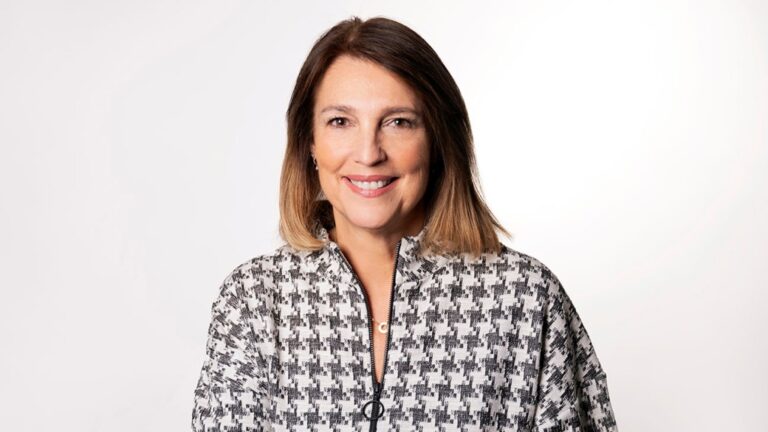U.K. TV giant ITV reported a 14 drop in third-quarter advertising revenue amid difficult year-ago comparisons and continued “uncertainty.” That left its ad revenue down 2 percent for the nine months through September, it said on Wednesday.
The company predicted a strong final quarter of the year though, helped by the soccer World Cup, saying that 2022 overall should see an ad decline of 1-1.5 percent.
Meanwhile, the company’s ITV Studios unit grew revenue 16 percent over the first three months of 2022. “ITV Studios continues to outperform the growing content market and will exceed 2019 revenues in 2022,” ITV CEO Carolyn McCall said on Wednesday. ITV Studios “delivered a wide range of new and returning programs and formats in the U.K. and internationally, including A Spy Among Friends, Hell’s Kitchen USA, Let The Right One In and The Voice Germany,” the firm said.
ITV’s total external revenue for the January-September period rose 6 percent to £2.52 billion ($2.90 billion), driven by ITV Studios’ 16 percent jump to £1.39 billion ($1.60 billion). Overall non-advertising revenue increased 13 percent to £1.62 billion ($1.87 billion), “representing over 50 percent of total revenue, as we continue to grow and diversify the business,” the company said. Total advertising revenue (TAR), which includes digital advertising and sponsorship, fell 2 percent over the nine months to £1.33 billion ($1.53 billion).
ITV’s first-half ad revenue had increased by 5 percent, but the second quarter had seen a 5 percent drop amid difficult comparisons with the year-ago period given strong results for last year’s Euro soccer tournament.
“For the nine months to the end of September, (total advertising revenue) is expected to be broadly flat compared to the same period in 2021,” ITV had forecast in late July. “Compared to 2019, the nine months are anticipated to be up 8 percent,” it added in a comparison with pre-COVID pandemic trends.
The current fourth quarter will see ITV, and the BBC, air matches from the soccer World Cup in Qatar. Industry analysts have also kept an eye on how economic challenges are affecting ad trends. ITV management emphasized at the end of July that it was “mindful” of macro-economic clouds and was keeping a close eye on them, but that the company has not seen an impact on its advertising business so far.
In its Wednesday update, ITV said that total advertising revenue (TAR) was down 9 percent in July, down 21 percent in August and down 14 percent in September. “TAR is forecast to be down between 1 percent and 1.5 percent over the full year, with October down 9 percent, November expected to be up around 3 percent and December expected to be up around 5-10 percent compared to the same periods in 2021,” it added.
McCall addressed the ad outlook again, saying: “While we remain mindful of the macroeconomic and geopolitical uncertainty there’s strong operational momentum across both our Studios and Media & Entertainment divisions, as we continue to build a resilient, diversified business that can take advantage of the global growth in the demand for quality content and the desire of advertisers for both mass reach and data-led addressable advertising, targeting millions of U.K. viewers.”
The U.K. TV giant had said earlier this week that it would launch its new free, advertising-supported streaming service ITVX, which will replace its ITV Hub, in early December.
“We are making good progress on our new, free, ad-funded streaming service ITVX, which will be rolled out across devices and platforms in the coming weeks with the full launch of new and exclusive content on Dec. 8, in time to reach millions of viewers who will come to ITV for the FIFA World Cup,” McCall said. “ITVX will supercharge our streaming business providing viewers with a content-rich destination rather than a catch-up service and advertisers with valuable addressable audiences at scale. This will drive significant digital viewing and revenue growth, enabling ITV to deliver at least £750 million ($865 million) digital revenues by 2026.”


